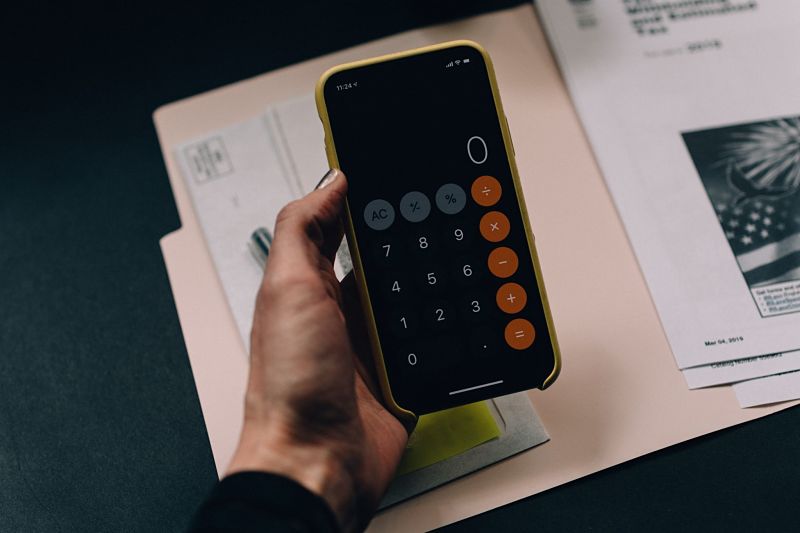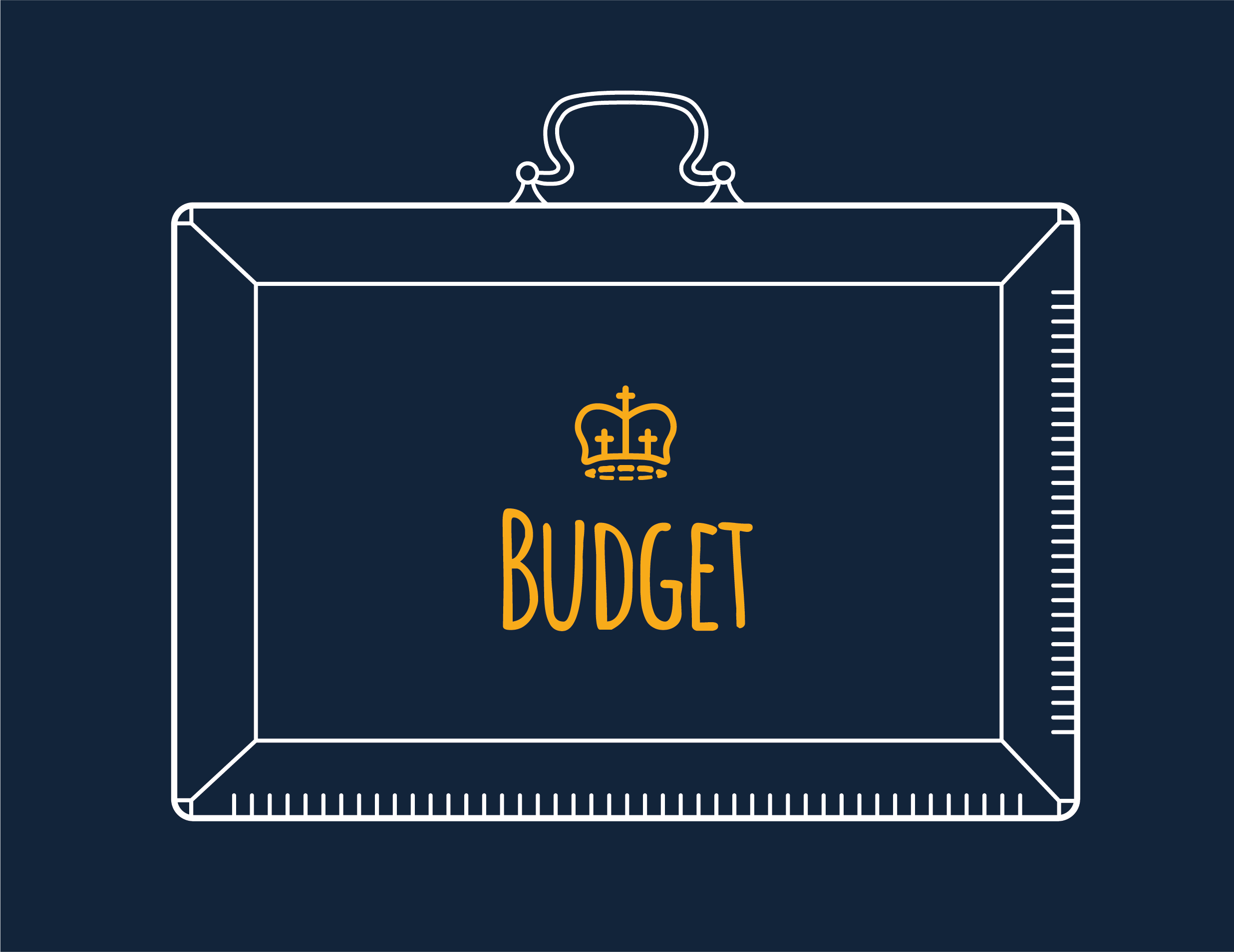
Want to get control of your monthly budget? It makes sense to create a budget for many reasons and should leave you feeling less anxious about your finances.
However, the problem with many recommendations about making a monthly budget is your budget isn’t a fixed being. It will vary at different times in your life and from person-to-person. Therefore, whilst it is important to understand the basic principles of budgeting first, you then need to tailor this to your unique situation and review your budget regularly.
For this reason, at Shepherds Friendly, we have various budget planners which will help you at different stages in your life. First, let’s look at the basic information and processes on how to calculate your monthly budget, which apply to all budgets.
What is a budget?
In a nutshell, a budget is an overview of your income and expenditure. It’s a straight forward balancing of the money you have coming in (your income) and then money you have going out (your expenses).
Planned and used well, a budget will shine a spotlight on where your money is going. It will show you whether you are living within your means. It will demonstrate where savings can be made, or where you’re spending more than you should.
However, this all depends on calculating your budget very carefully, and revisiting it over time as things change.
Typically, the biggest problem with calculating a monthly budget is that life doesn’t always fit neatly in to a one-month window. You need to be looking beyond the single month and then planning in to each month a proportion of other costs such as Christmas, holidays, car maintenance and long-term savings goals.
Why it’s important to budget
A budget will demonstrate if you’re spending more than you earn. You can’t solve that problem if you don’t know the extent of it. Even a small amount of overspending per month can quickly leave you with unmanageable overdrafts and credit card bills.
Knowing what you can afford to spend keeps you in tight control of your finances.
How to do a budget
Your first step is to set aside a decent amount of time. Preparing a budget can take a good couple of hours the first time you do it. Don’t be daunted though, it’s worth putting in the effort now to make it more accurate.
Start by getting all your financial information and documents together. Include payslips, bank statements (ideally for several months, if not a year), and all bills. Then also get together all insurance policies and statements of debt. Furthermore, use your bank statements to give you figures for how much you typically spend on your living costs such as groceries and clothing. Also make a note of how much you’re spending in other categories such as travel and leisure. Average these annual costs over a month.
Start the calculations
Next you will start calculating how much money you bring in each month. This is your income. Include all household income including earnings, benefits, investments, money from family and pensions.
Following this, you’ll need to calculate your regular outgoings. Use our household budget planner and fill in all the green steps, using all the information you have accumulated, to ensure you don’t miss anything.
Using the planner, you’ll then be able to complete the overall calculation. This will show you what you have left at the end of each month, or whether you’re spending beyond your means.
Looking at surplus and deficit
A deficit budget is when your outgoings exceed your income. You’ll now need to cut back on some expenses (perhaps by dropping that daily café coffee, or shopping around different utility providers).
A surplus budget is where you have spare cash after meeting your outgoings. You will now need to consider if you can pay more towards debts, or start/increase savings. If you have a surplus budget and no debts, working out how to invest and save will help you achieve even greater financial security.
Don’t stop there
Having drawn up your budget you mustn’t stop there. Instead you want to spend the next few months closely tracking your spending and checking that your budget is indeed accurate. Check your online banking regularly. Make adjustments to the budget as necessary.
Different stages of life
There are a few different points in your life which will require their own specific budget. This is because things have changed so significantly, in terms of both income and outgoings that you need to start from scratch.
The Shepherds Friendly household budget planner is suited to a broad spectrum of households. However, if you are either a student or have a baby on the way, we recommend you use our more tailored budget planners.
The student budget planner is ideal for students living away from home and managing their finances independently for the first time. The simple but thorough structure will help you gain control and learn good budgeting and financial habits.
The baby budget planner is a detailed budgeting tool designed specifically with all of the unique items that apply to this stage of your life, such as maternity pay and kitting out for baby. This budget planner helps to ensure that your new family gets off to the best financial start. Setting a budget now helps to bring peace of mind regarding your household finances at a time of immense change.
Budgeting is a healthy habit
Those who budget have clarity. They can make informed decisions about household finances. They can stop overspending in its tracks and thus avoid debt and achieve greater financial security. Don’t panic if your budgeting exercise uncovers that you are overspending. Welcome it as an opportunity to get things on track before they become more difficult to manage.
So, set aside a few hours, grab a pen, a calculator and a cuppa, and get working on your monthly budget.


